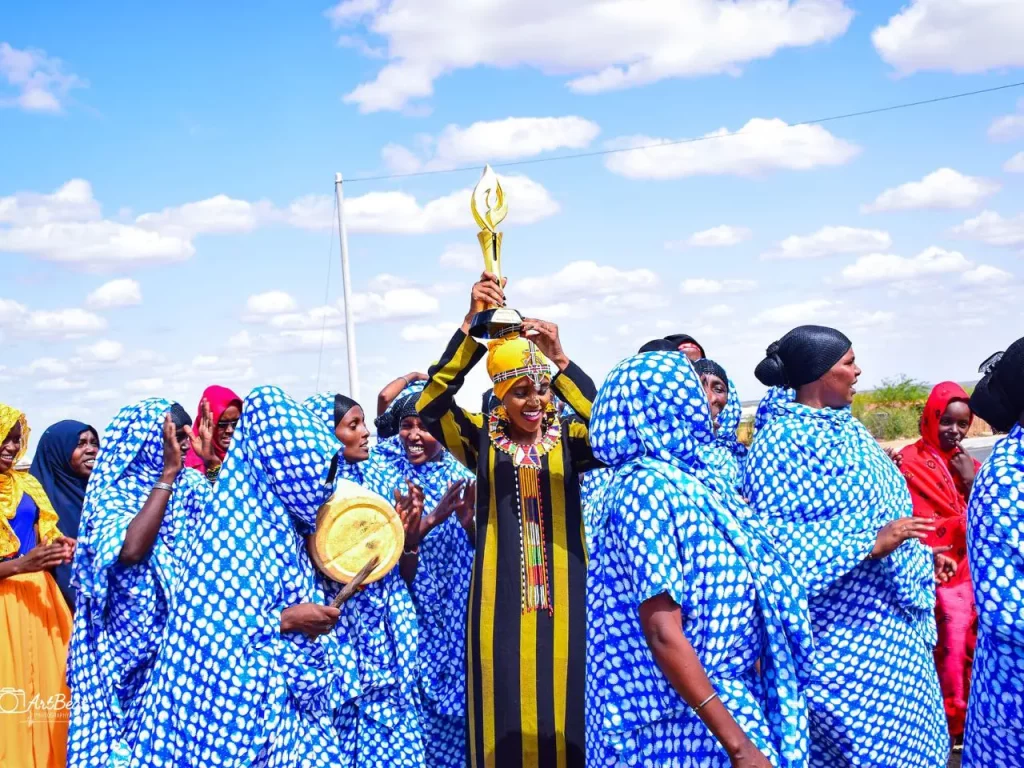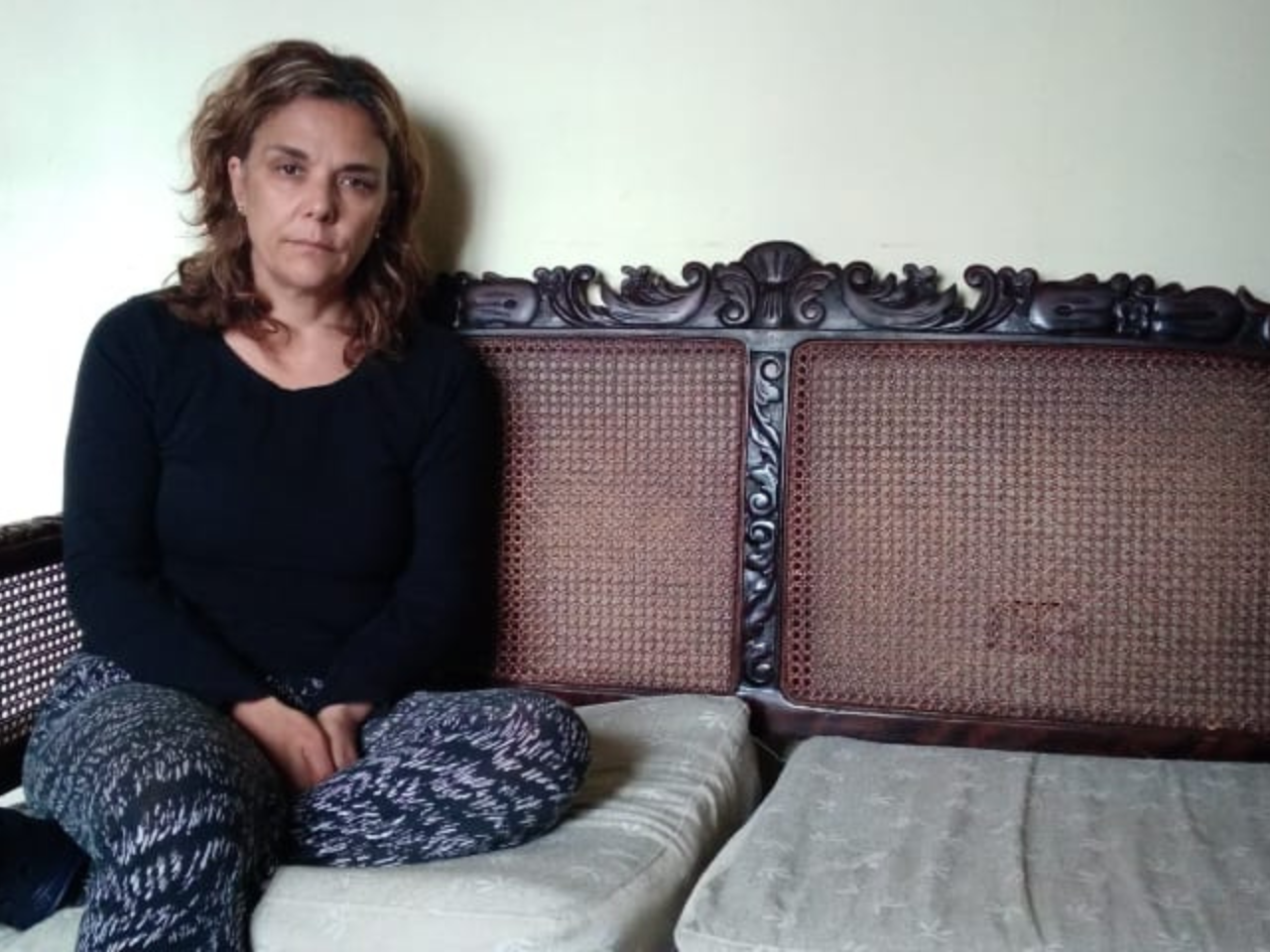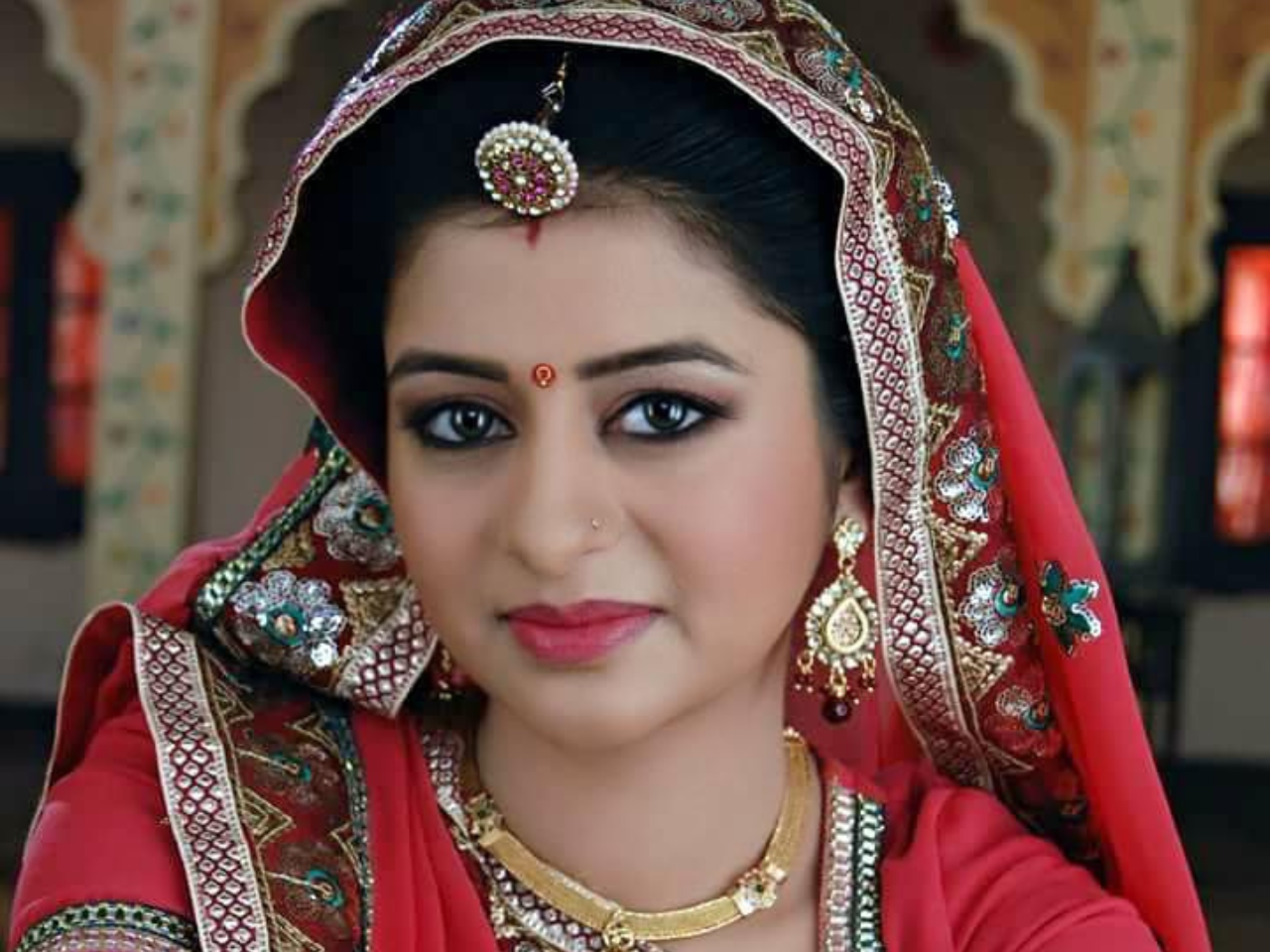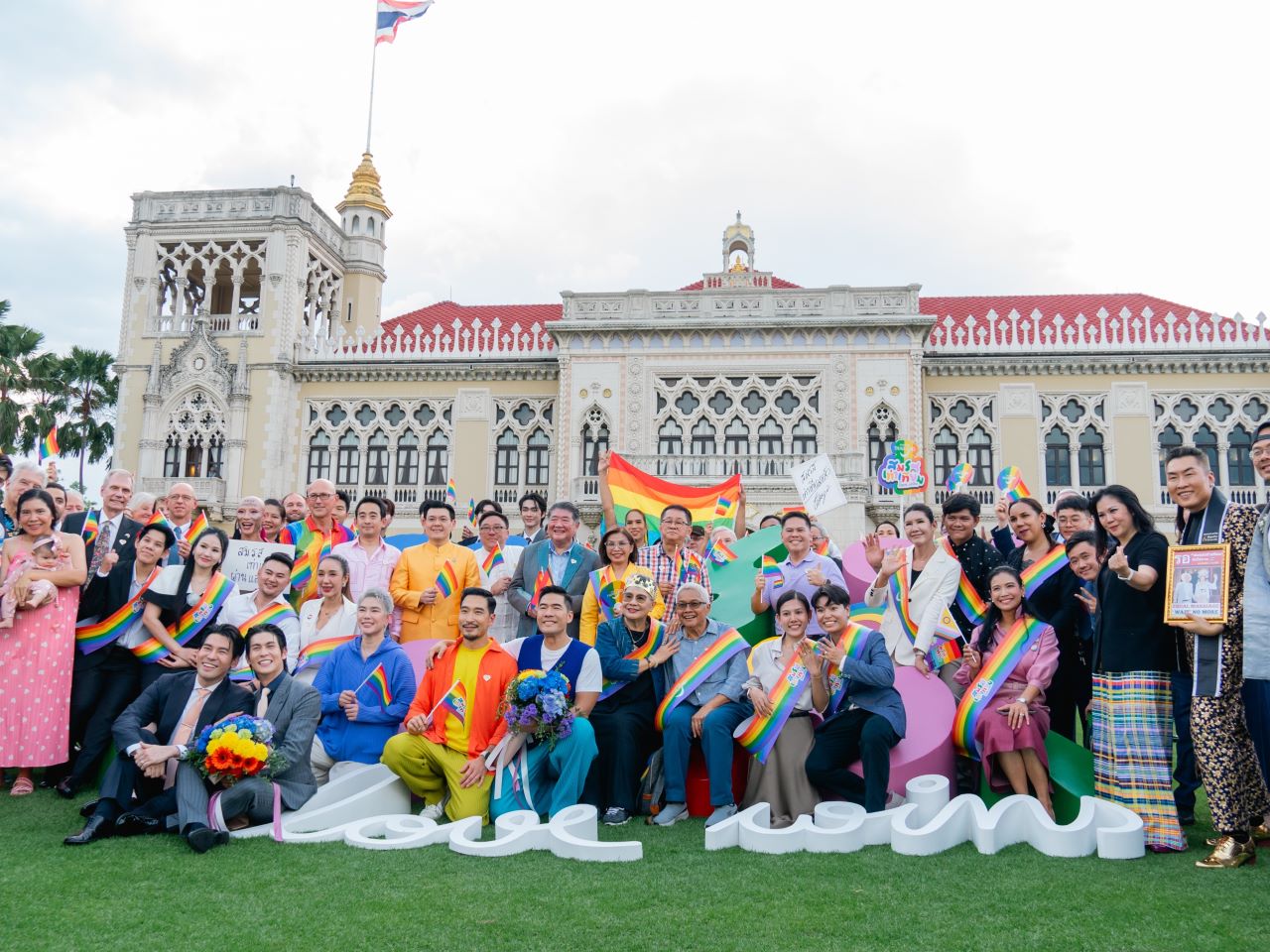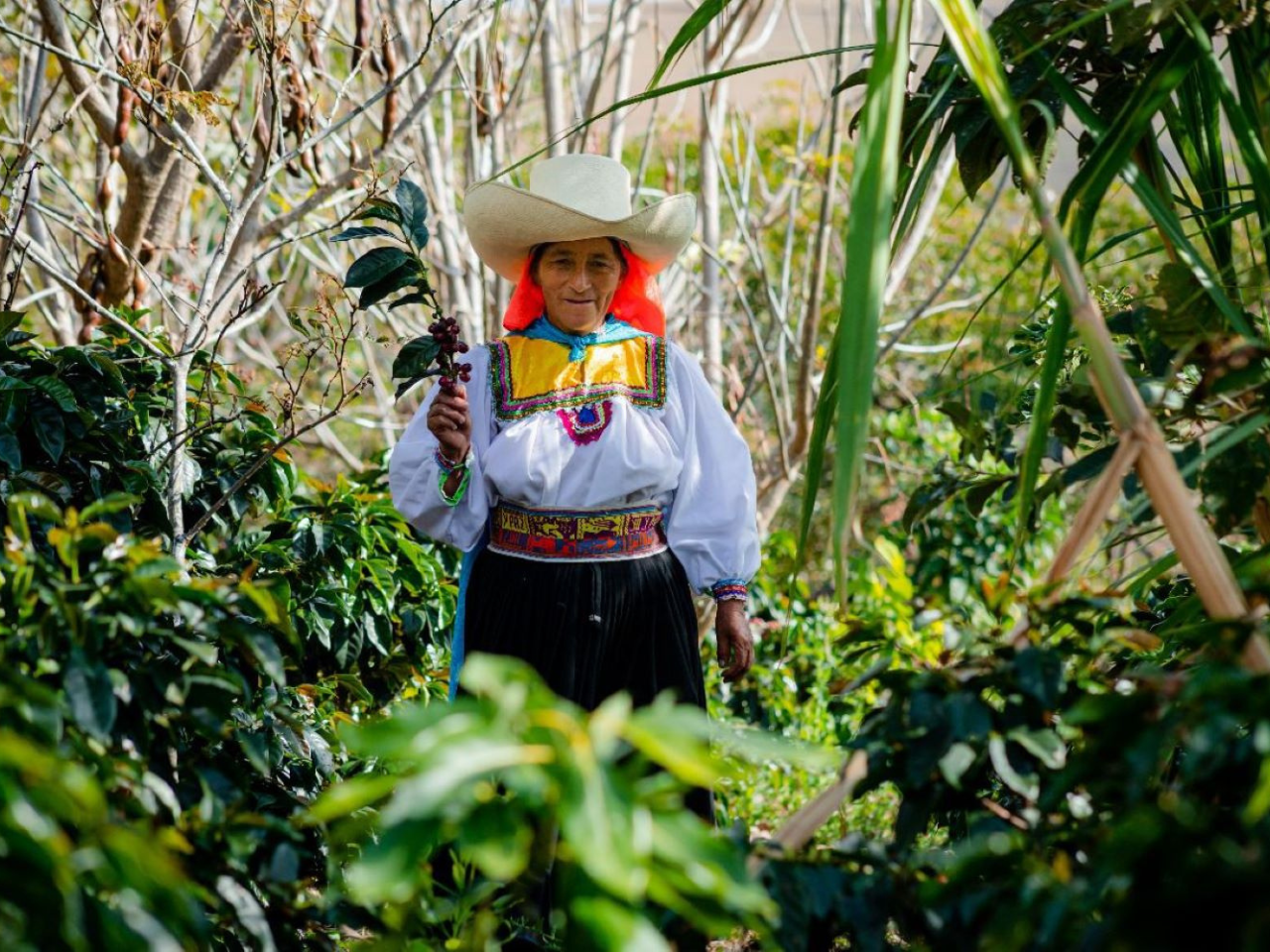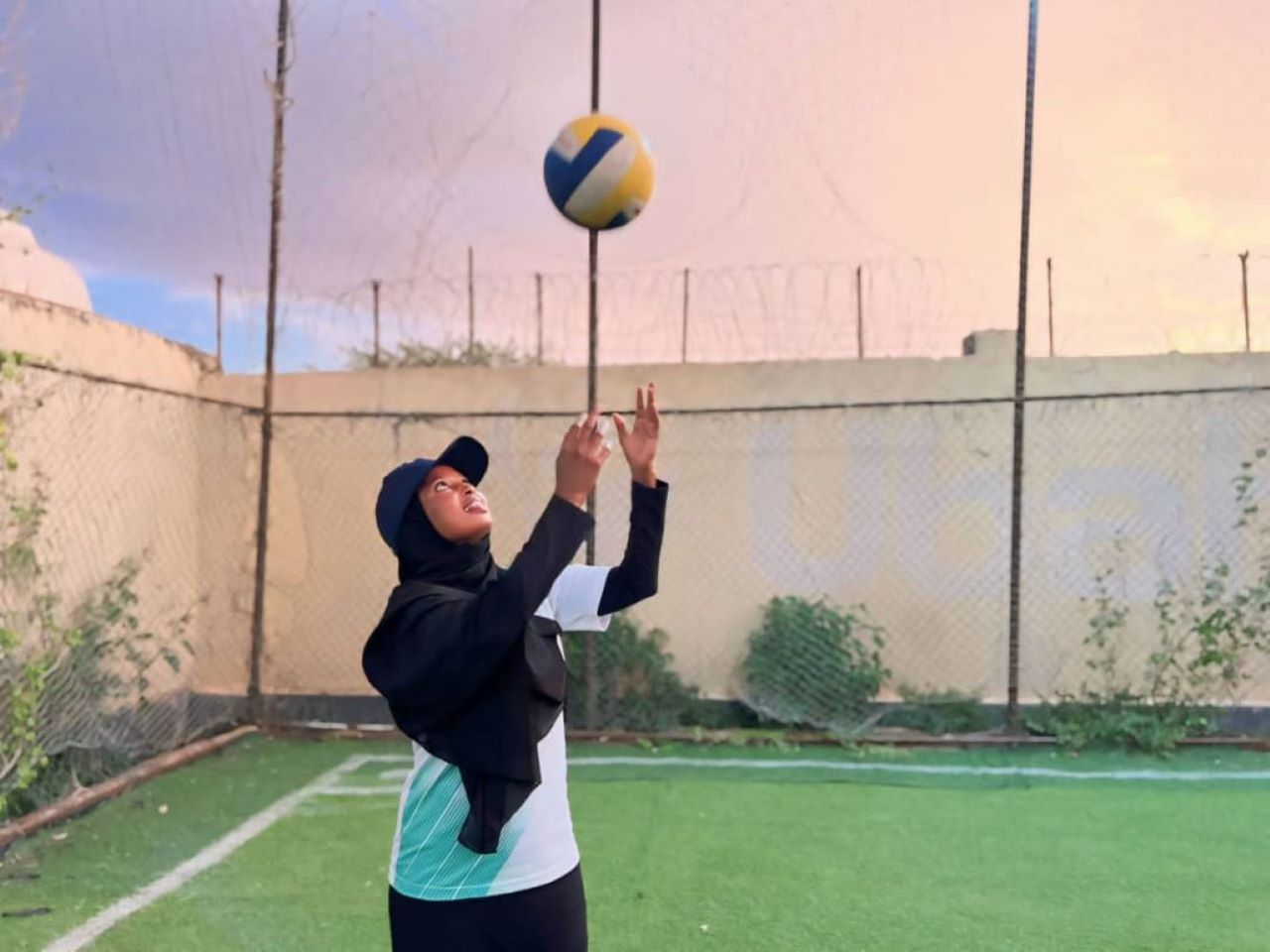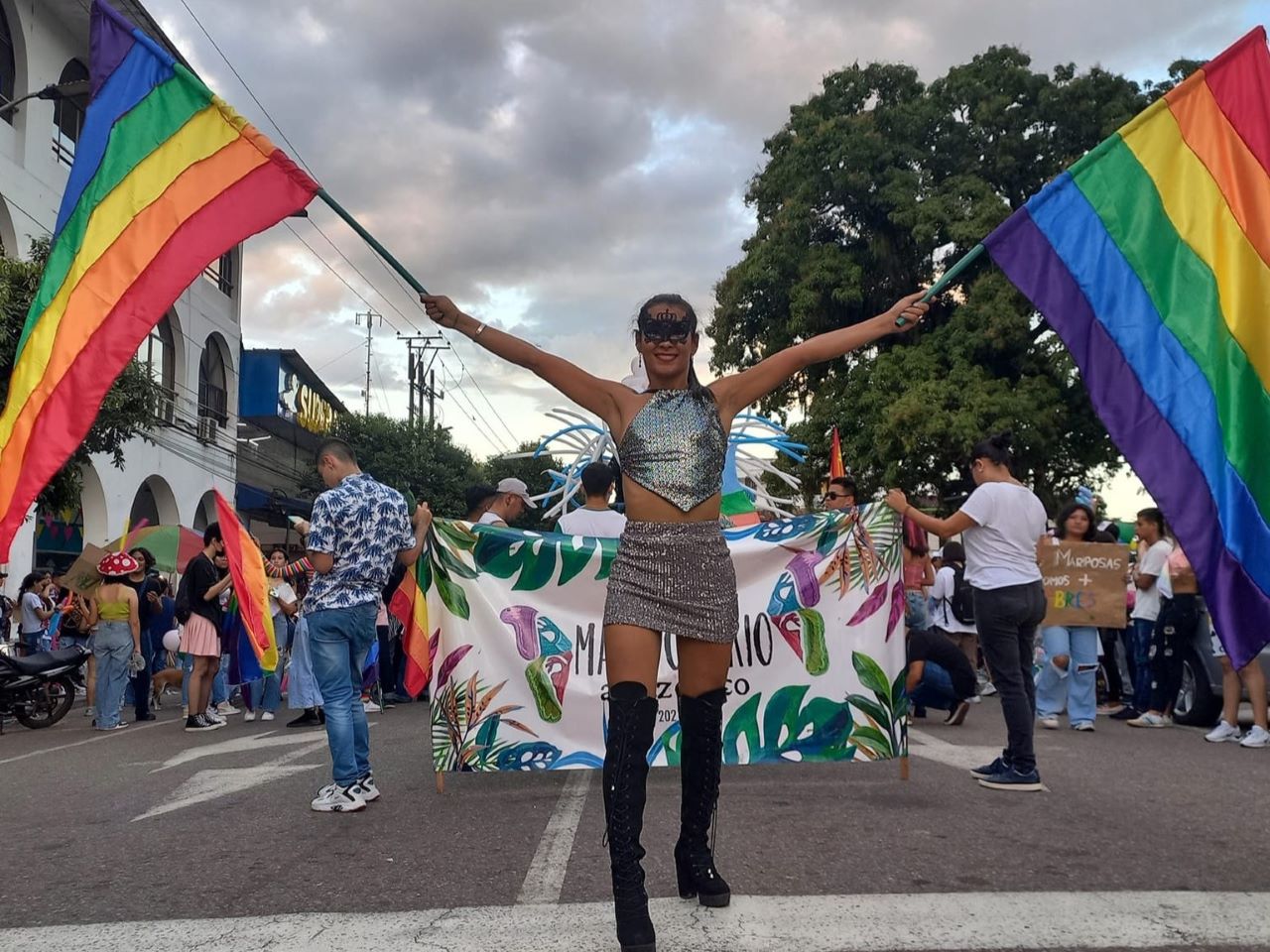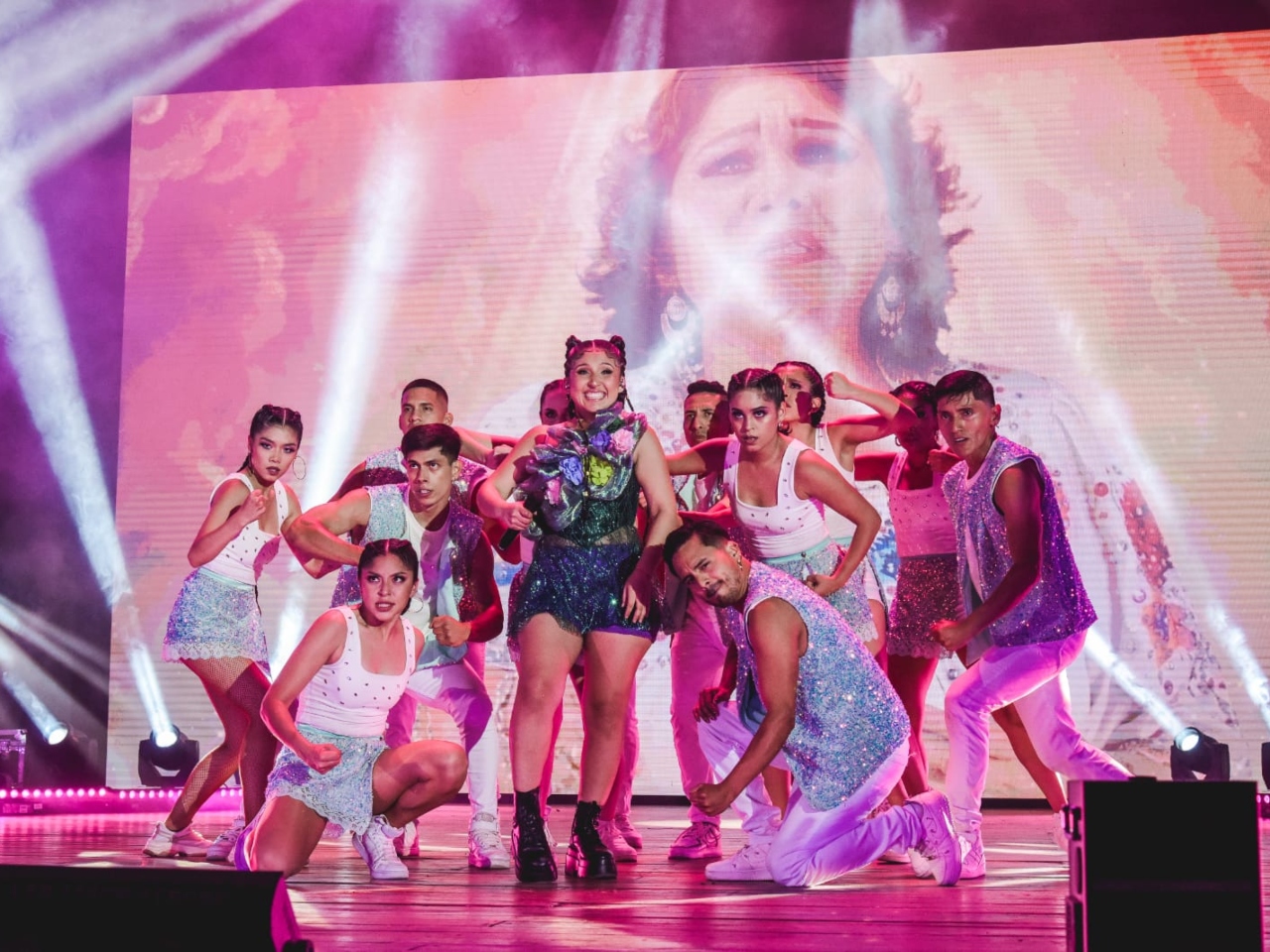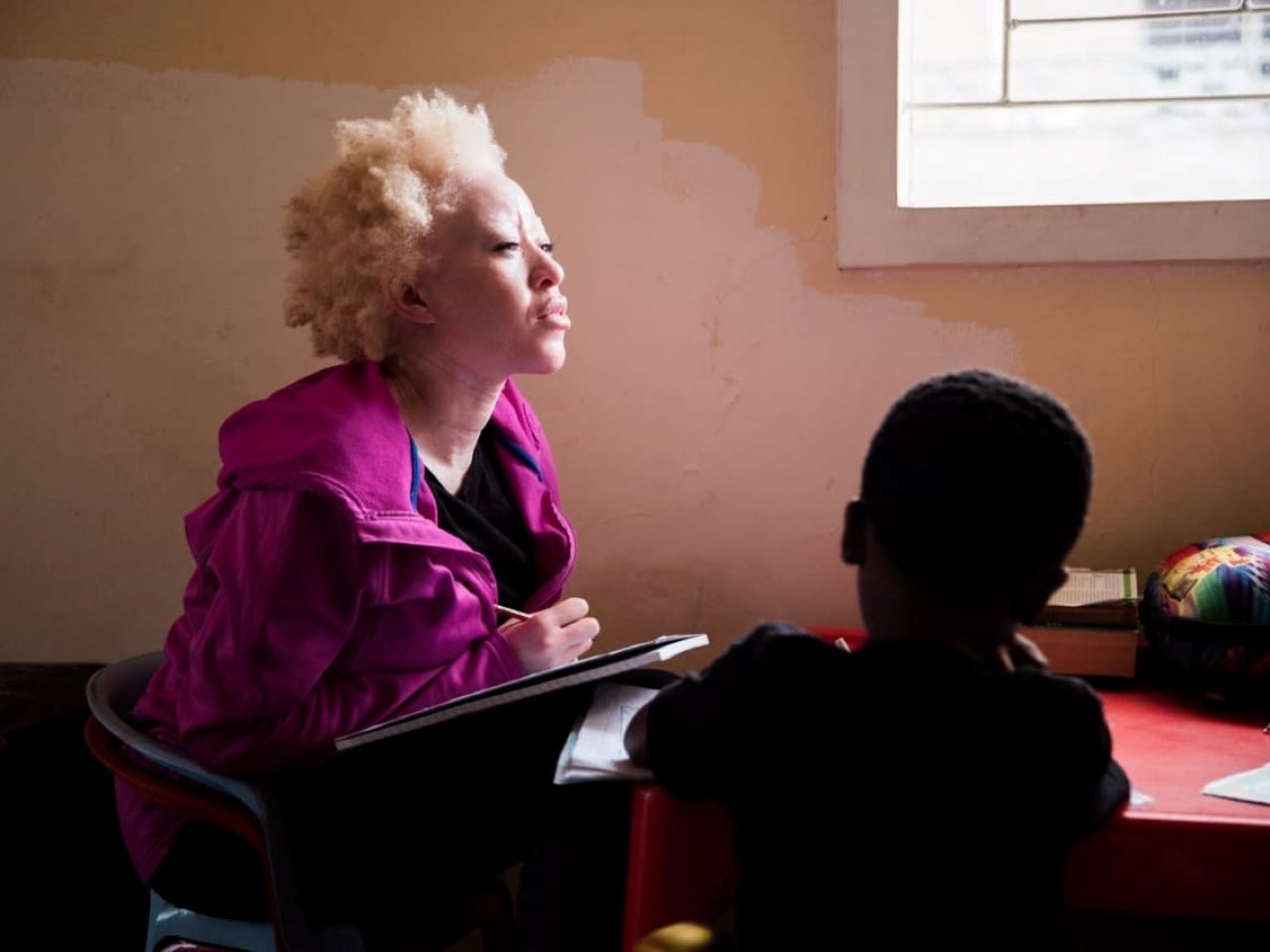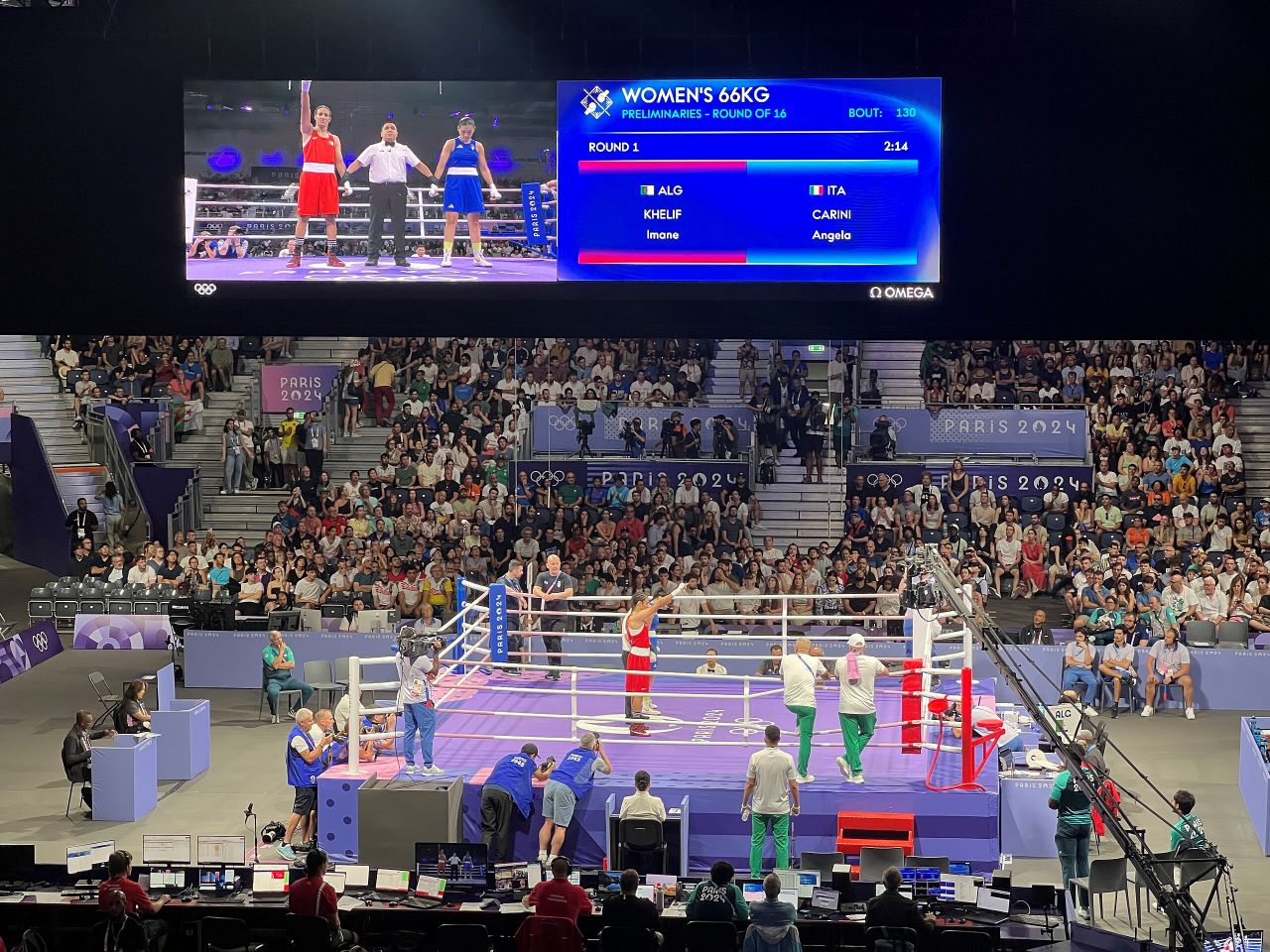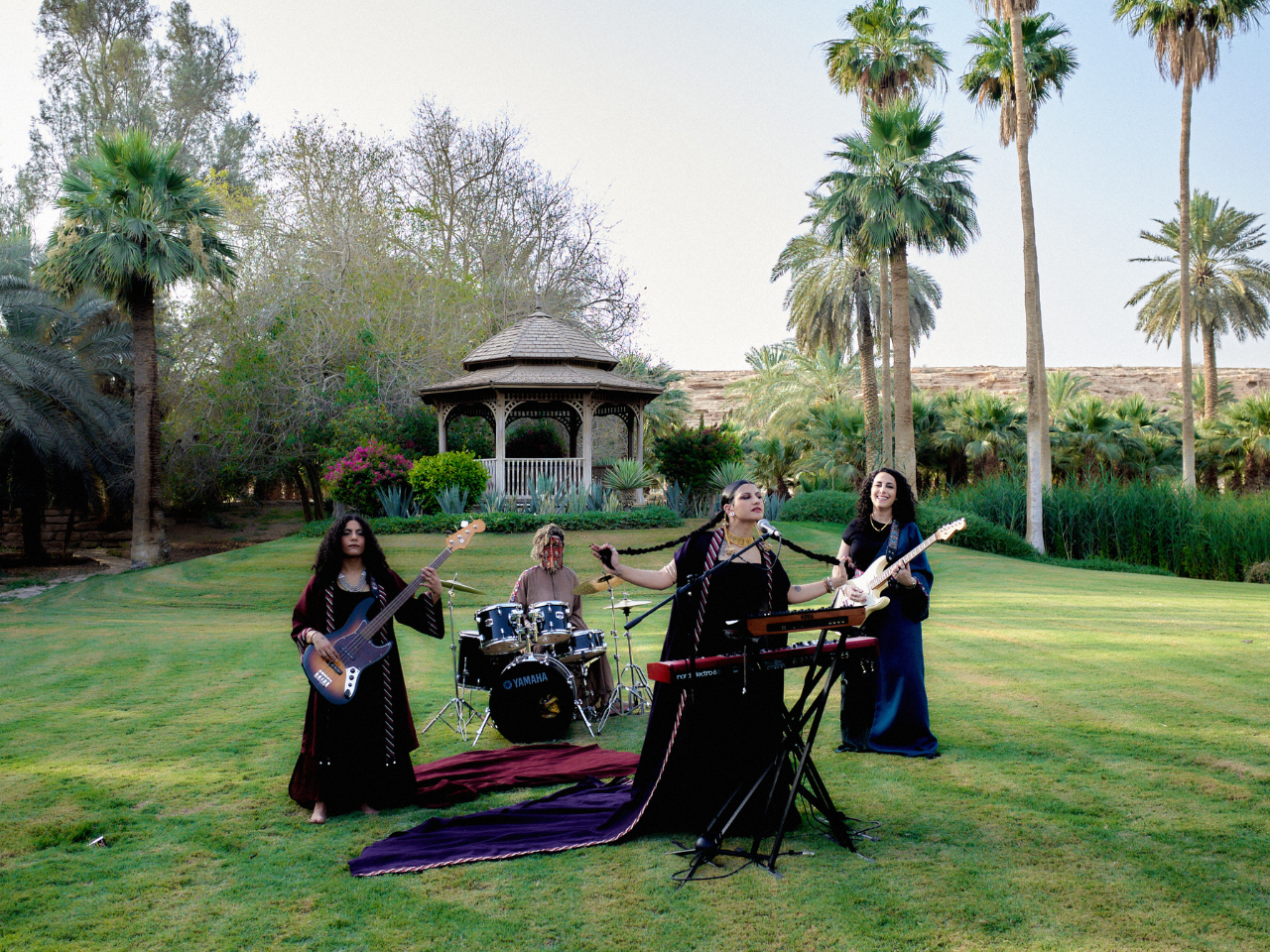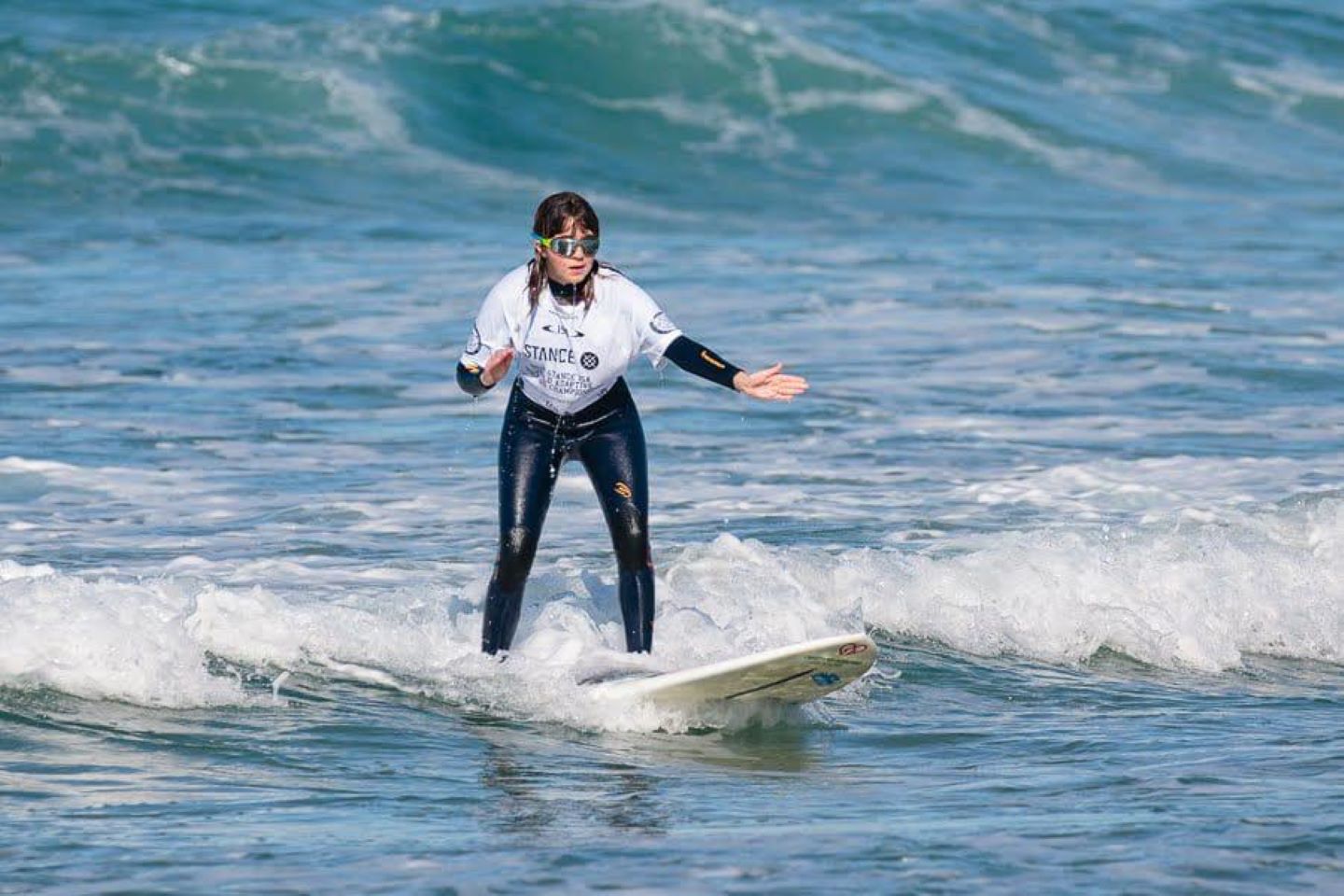At 12 years old they cut her, now a global nursing award winner, she fights female genital mutilation
After falling victim to FGM and escaping child marriage, I never stepped back. I committed myself to becoming living proof that women in my community can obtain advanced education.
- 3 years ago
February 5, 2023
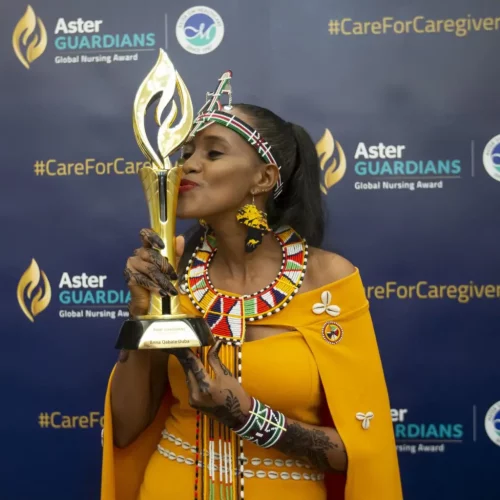
NAIROBI, Kenya ꟷ When I won the Aster Guardians Global Nursing Award at a ceremony held in Dubai in May 2022, a wild celebration broke out in my village. Women wearing cultural attire broke out in dance and wept tears of joy. My recognition became not only a first for my village, but all of Africa.
The selection panel combed through 24,000 contestants from 180 countries and they recognized my efforts, working within my community to empower women and girls. This incredible success did not come easy for me.
Learn more about Female Genital Mutilation and Child Marriage from the people who have experienced it.
After I endured female genital mutilation, they tried to marry me off at 14
In my home county of Marsabit in northern Kenya, female genital mutilation (FGM) and early marriage remain commonplace. Girls as young as 10 years old bear the brunt of these awful practices. My mother gave birth to me and I grew up in the poor village of Turbo and my people subjected me to FGM – also know as “the cut” – at just 12 years old.
While my mother valued education, she felt the social pressure to adhere to these practices. That social pressure drives an outdated culture. Only two years after I underwent FGM, at the young age of 14, I narrowly escaped forced marriage. With the proposal on the table, I would have been forced to drop out of school, but I made a plea. I spoke with my teachers and my mother soon enough that they agreed, I could continue studying. I got lucky.
In forced marriages, the husband’s family pays a dowry mostly to the bride’s father and the young female child gets taken against her will. While I narrowly missed being taken, and I continued studying, it felt like a fight for survival.
My family lives a polygamous lifestyle, like many in my community. I became the only girl in the family who finished primary school, let alone secondary education. Many girls drop out of school for early marriage at barely 15 years old.
I stayed home from school after being shamed for starting my period: I don’t want any other girl to feel that shame
After falling victim to FGM and escaping child marriage, I never stepped back. I committed myself to becoming living proof that women in my community can obtain advanced education. I went to Torbi Primary School and later joined Moi Girls High School in Marsabit County. Through it all, I worked so hard and maintained the top-student position nearly the entire time.
Sitting in class day after day in a largely patriarchal community, my academic prowess did not sit well with my male classmates. I pushed forward anyway, taking on student leadership roles. Finally, I had the opportunity to join Kenya Methodist University and pursue a bachelor’s degree in nursing, but it wasn’t enough just to graduate. I wanted to launch a community-based organization to empower women and girls in communities like me. I launched the Qabale Duba Foundation.
Suddenly, I found myself propelled into important projects aimed at helping my community. I wrapped my arms around it – running projects like sanitary provision, peace training, mentorship, and maternal care. The people quickly felt the impact. I remember the response when we began donating sanitary pads and undergarments to schoolgirls. It brought back memories.
I stayed home from school for a week as a young woman, enduring total shame. I had no information about the changes a woman’s body goes through when she starts her period. My classmates – mostly boys – humiliated and laughed at me. I did not even know how to acquire basic sanitary pads. Donating products now feels very personal to me, and through our programs, we helped 4,000 girls so far.
Every award belongs to my community
My ongoing fight against outdated cultural practices like child marriage and female genital mutilation made me stand out on a global level. I felt so honored when they announced my name as the World’s Best Nurse and crowned me with the first-ever Aster Guardians Global Nursing Award. This has not been my only victory.

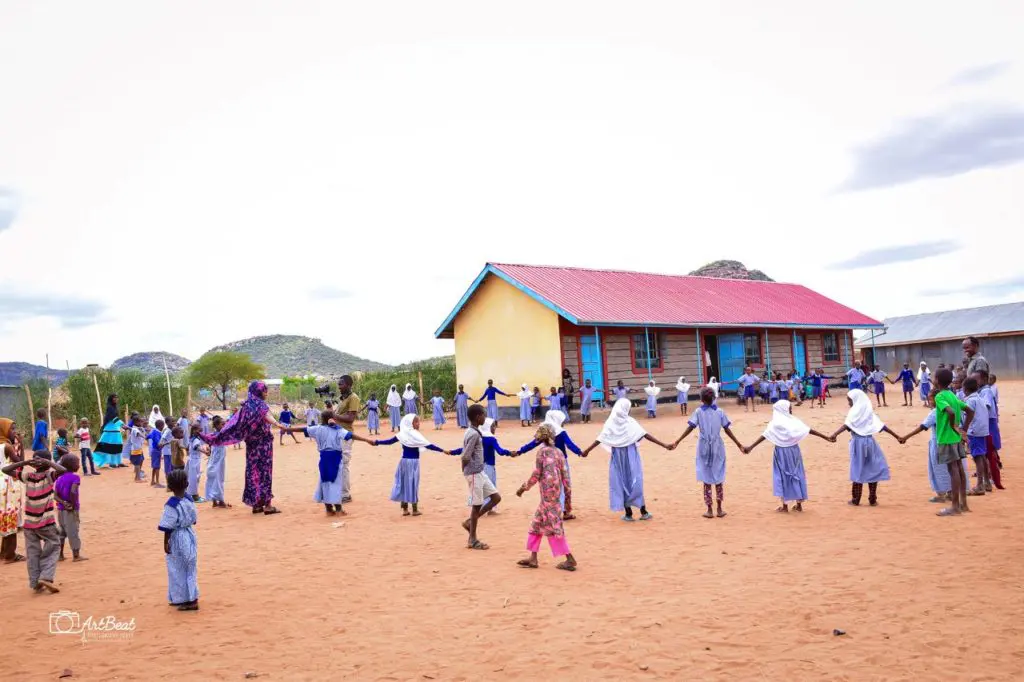
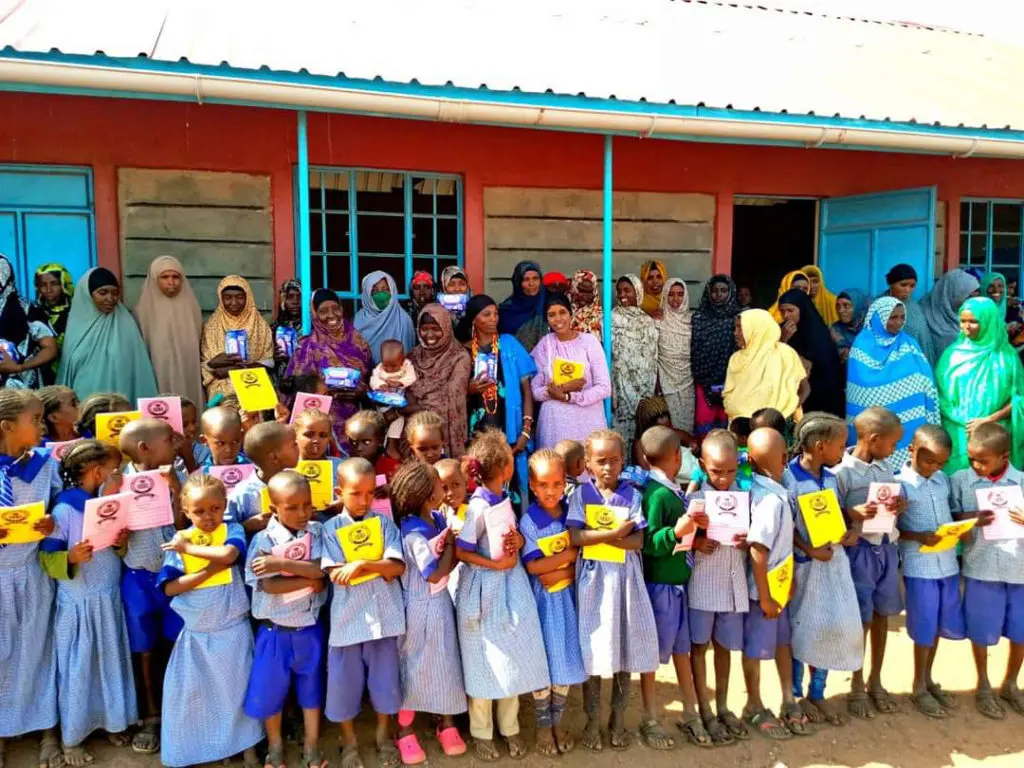
I also took the Global Citizen’s Choice Award in New York in 2019 and earned a $50,000 prize (USD). Yet, I do not claim these prizes alone. Every award and every recognition belongs to my community. It serves as a reminder of the great work completed, but also the massive amount of work left to be done.
We must not lose focus on empowering vulnerable women and girls in traditional communities where child marriage and female genital mutilation continue to oppress us. Through the Qabale Duba Foundation, I seek change. Recently, we built a school in the village for everyone – a place where children can study in the morning and adults can study in the afternoons.
My work does not end.

